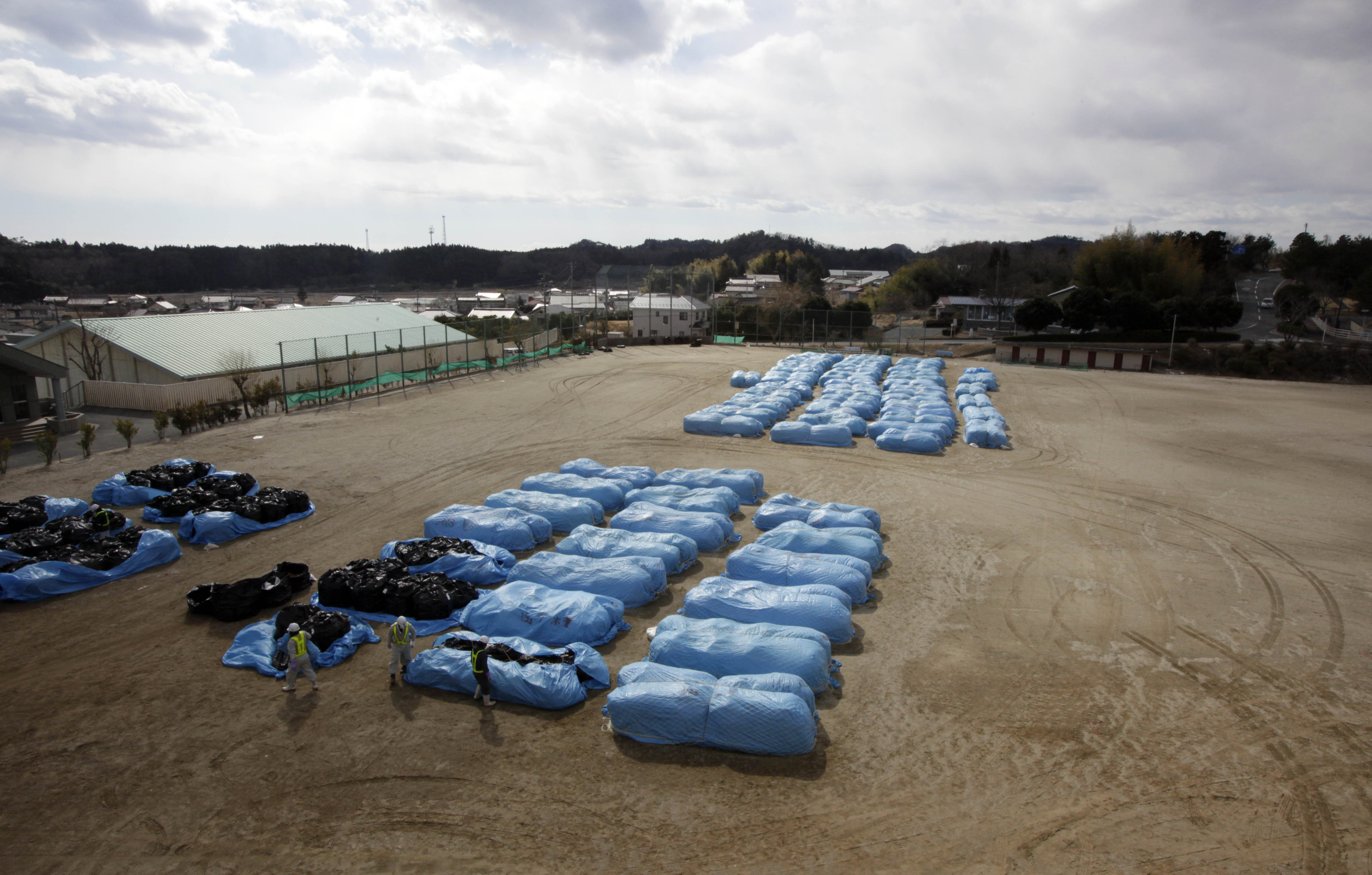Earlier this year, NHK rebroadcast a documentary it made in the late 1980s about the 1986 Chernobyl nuclear reactor accident. It showed how the Soviet Union and European countries tested people for effects of radiation throughout the region. Appended to the doc was a discussion with experts who compared the accident with the one that happened at the Fukushima No. 1 reactor in 2011, implying that Fukushima wasn't as dire as Chernobyl but stopping short of saying it was nothing to worry about. As long as radiation levels and residents' health were continually monitored, the situation could be managed.
Still, the documentary left a chilling impression, if only for its repeated use of the phrase "ashes of death" (shi no hai). Though the commentary was meant to be reassuring in that Fukushima was presented as being less dangerous than Chernobyl, where radioactive ash actually fell from the sky, the language conveyed the feeling that any nuclear accident is potentially deadly and the farther it is from your backyard the more dramatic you can be in describing it.
It follows that you should be less dramatic in your own neighborhood. Remember how after the Fukushima accident then-Minister of Economy Trade and Industry Yoshio Hachiro was pilloried for calling the evacuated area "cities of death"? Even now you have to be cautious about making any public pronouncements regarding the safety situation in the affected regions.



















With your current subscription plan you can comment on stories. However, before writing your first comment, please create a display name in the Profile section of your subscriber account page.